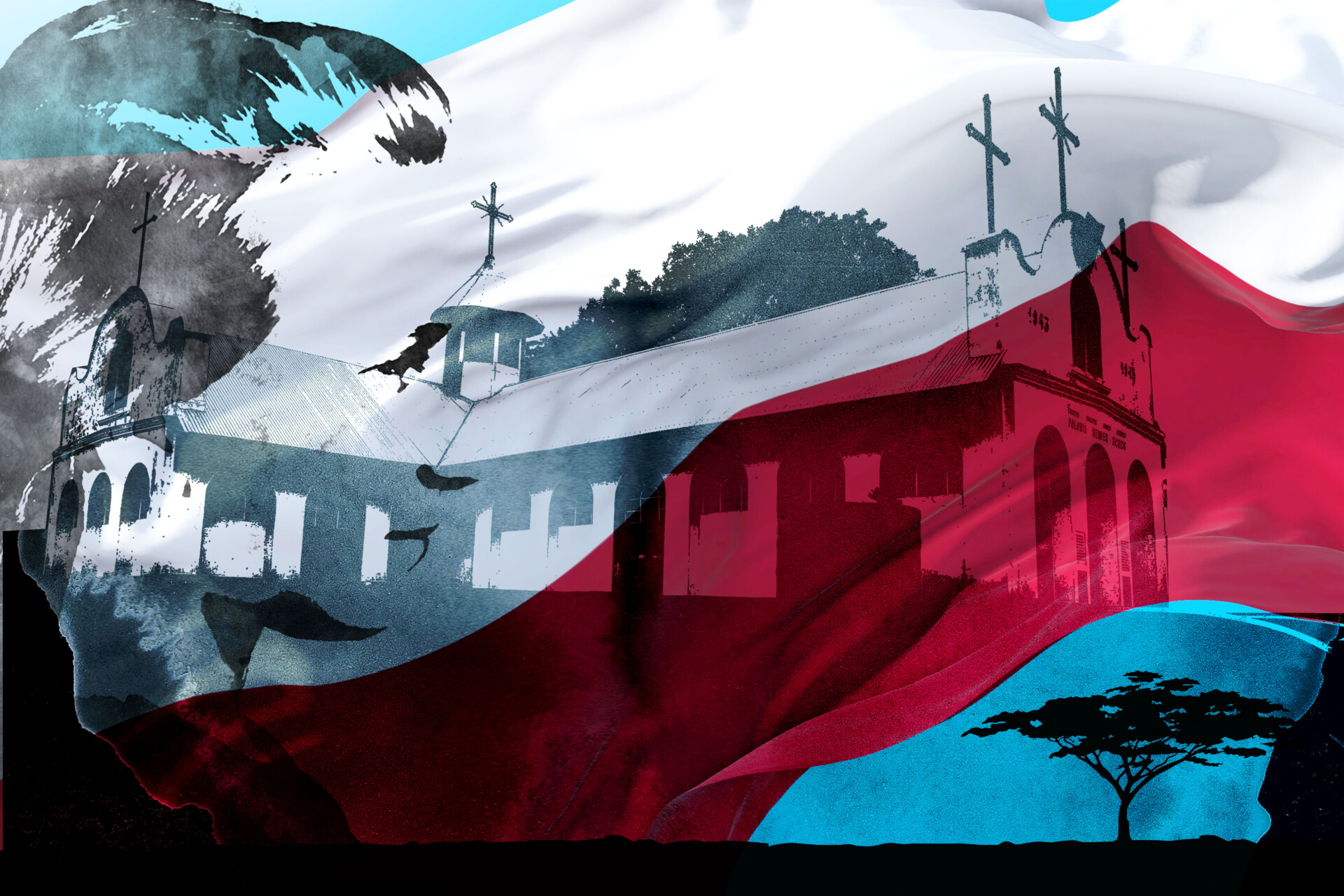I think it was the story that made me revisit. It was that way round, as it often seems to be. The first sentences of the story, with their historical annunciation, came into my head—I can’t say why—then everything else followed. But I do remember, strongly, the Cuban missile crisis, though I was only thirteen at the time. I remember the palpable fear in the air. I suppose I was at the age when my sense of history, of being a small person in a big, dangerous world, was starting to take hold. I was of the generation born into the Cold War and could just about understand this fact. It was the Cold War’s first serious flash point, and there was a real dread that it could also be its last.
The tension played out between the U.S. and the Soviet Union, between Kennedy and Khrushchev. Your story is about a modest family in Britain, with no role in international relations. What appealed to you about juxtaposing the two things?
The story moves quickly from the historical and the global to the intensely domestic. I often do this, in both directions, in my work, and it’s out of a belief that you can’t really disconnect the two spheres. We may all wish and strive to live at our fullest in the personal, domestic world, the small intimate world of our close relationships—for most of us, this constitutes life itself, and it’s where I usually want to locate my fiction—yet we also live in the larger world, which now and then, like it or not, can overtake us. The family in my story, as would have been the case with countless families, has no part to play in international relations, but in 1962 this was also starting to be true of my country. Even at thirteen, I think I was aware that Britain was mostly done for as a nation among nations. During the missile crisis, we were basically stuck halfway between the protagonists, the U.S.A. and U.S.S.R. Our underlying powerlessness in the situation perhaps made it all the more frightening.
I think it would have been natural for a man like Frank who’d fought in the Second World War to have been taken back to it by the missile crisis. The war would have been his last extensive encounter with the “big world.” People feared that the missile crisis might turn into a Third World War, which, unlike the Second, might be very short. At one point, Frank reflects on the extraordinary “progress,” in less than twenty years, of technology. What once was done by deploying hundreds of thousands of men and aircraft could now be done, and much more catastrophically, by a few missiles.
Frank is a survivor. He survived all those terrifying bombing raids. He—and his daughter’s wedding—survives the Cuban missile crisis. He clings to the idea that the world is not going to come to an end. Is that the strategy that gets him through life?
He’s a man in his forties, and I think he’s surprised by the perspective his experience of war now gives him. The story is partly about this discovery—of both a personal and a historical depth inside him. Though he doesn’t want to revisit his war memories, they yet steady him and provide him with a curious sanity, even optimism. Yes, he has the instincts of a survivor. The war wasn’t, at least for him, the end of the world; nor will this new crisis be. There’s nothing logical about this, it’s instinctive, yet helpful and vindicated by events.
But it’s an irony of the story, and I hope the source of some comedy, that everyone in it is more immediately beset by the crisis of the daughter’s wedding—will it go ahead or won’t it?—than by the possibly apocalyptic global peril. Frank, while a center of calm, is no exception. Though he once went on terrifying bombing missions, his daughter’s wedding is something he’s never faced before, and, inside, he’s just a bit scared of it. And, despite those terrifying missions, he still wants to get back, via the fireworks of the story’s title, to the innocent excitability of boyhood from which the war must have severed him forever.
I think this is often how the “big” and “small” worlds play against each other in my fiction—through a disparity that can have its comic side, yet can hold at bay truly frightening, bewildering things. We all use the phrase “it’s not the end of the world” in a jocular, reassuring way, yet “the end of the world” still has its dreadful meaning. Aren’t we all conscious of this now? Aren’t we all aware that we may not have long? And, as a great pandemic sweeps the world, don’t we all cling desperately to our sense of normality, to a feeling that our private, domestic pursuits must surely triumph over mere universal disaster?
I am not Frank, but I care about him enormously. He wins through. He’s still there. And I care about his wife, Joan, who herself cares about her daughter’s wedding dress even as the world threatens to disintegrate. One of the great rewards of writing short stories is the sudden experience of caring about people you’ve never met.
Frank is very much a man of his time. How difficult was it to inhabit his voice? Did you draw on memories of men of your father’s generation?
Not difficult, since, as you suggest, I grew up with such men. My father flew in the war, but he was a fighter pilot in the Navy and a very different man, with different experiences, from Frank. Incidentally, he learned to fly in the U.S.A., at Pensacola, in Florida. I’m sure that during the missile crisis of 1962 he had many war-related thoughts, and one may have been that Florida was the closest he’d got to Cuba.
The story ends with a mug of Bovril, which is Frank’s madeleine, so to speak, calling up vivid scenes from the past. Is there a particular drink or taste that has that effect on you?
I wonder how many people remember Bovril these days. It seems to have become, like “beef tea” generally, a drink of the past. I remember it with some affection, but hardly relish. My “madeleine,” my elixir of a drink? I’d have to put forward the Negroni, which could scarcely be more different from Bovril and which, unlike Bovril, seems to have come back into vogue recently. I was introduced to it decades ago by a great editor, Alan Ross, who published, in The London Magazine, my first stories to appear in print. So it’s a drink that goes with our present subject, the writing of stories, and a drink that will always take me back to when I was starting out as an author. I’ve drunk it since, in too many convivial places to remember, and it’s just a lovely, sunset-colored, sunset-flavored glassful. I think I should go and mix one right now.
Deborah Treisman is The New Yorker’s fiction editor and the host of its Fiction Podcast.


No comments:
Post a Comment